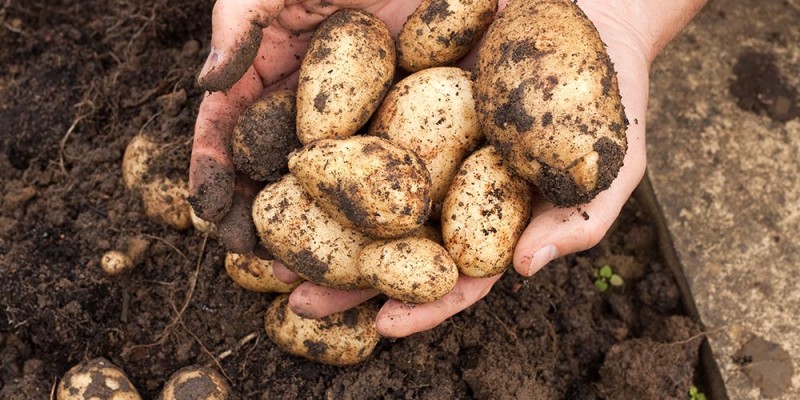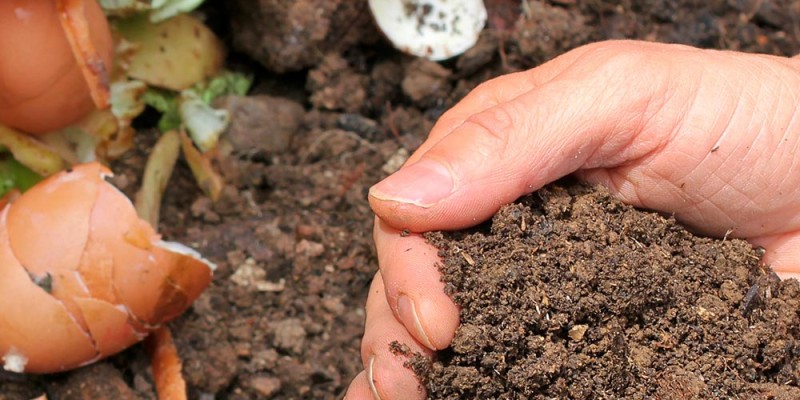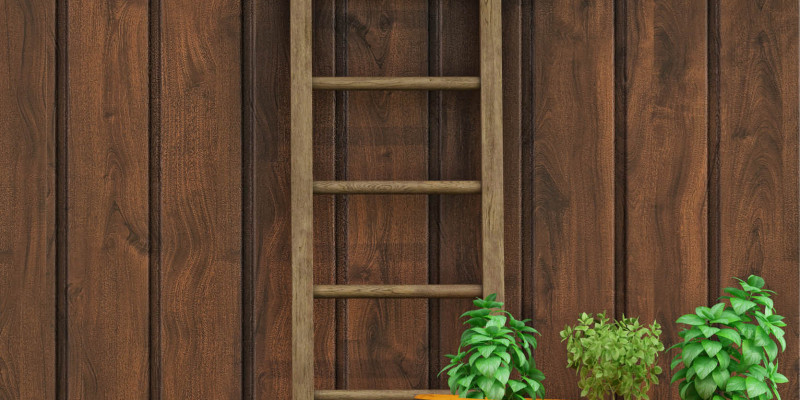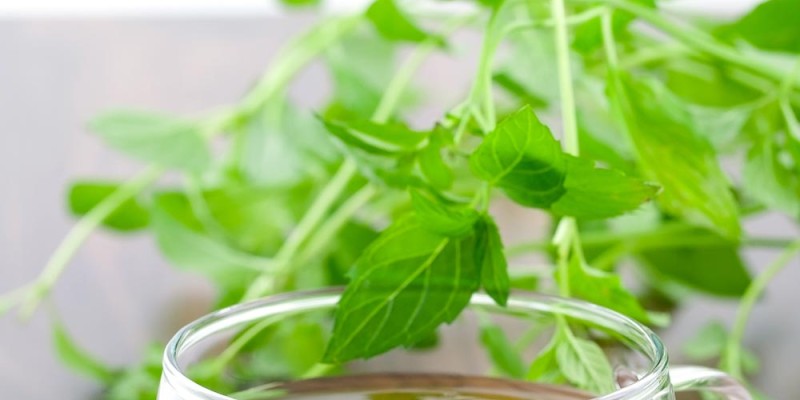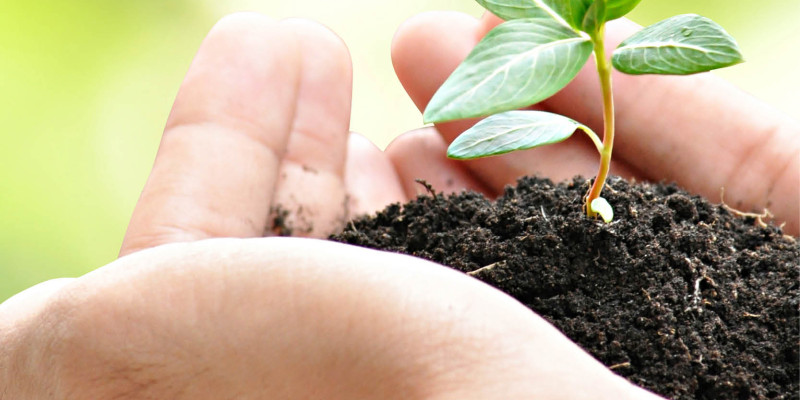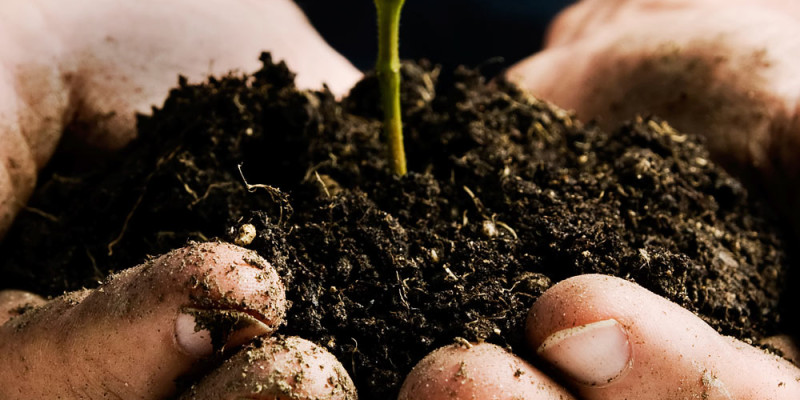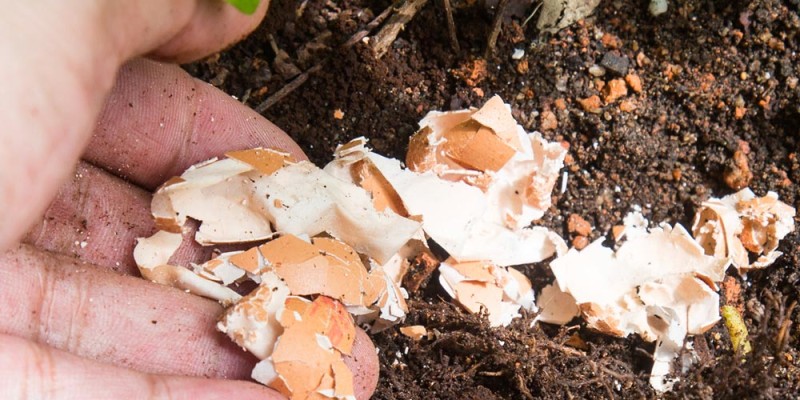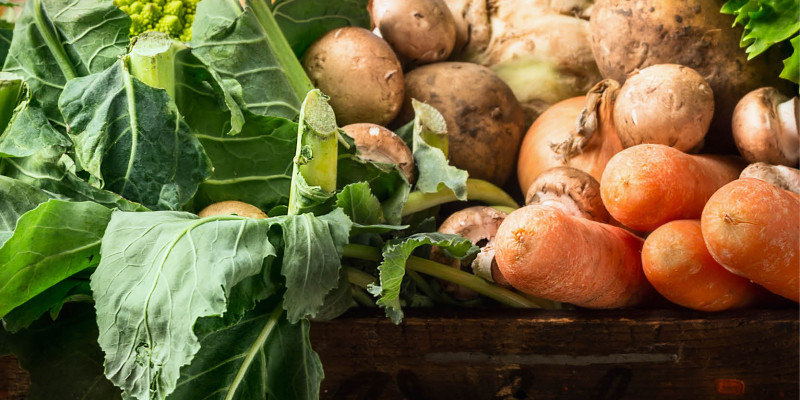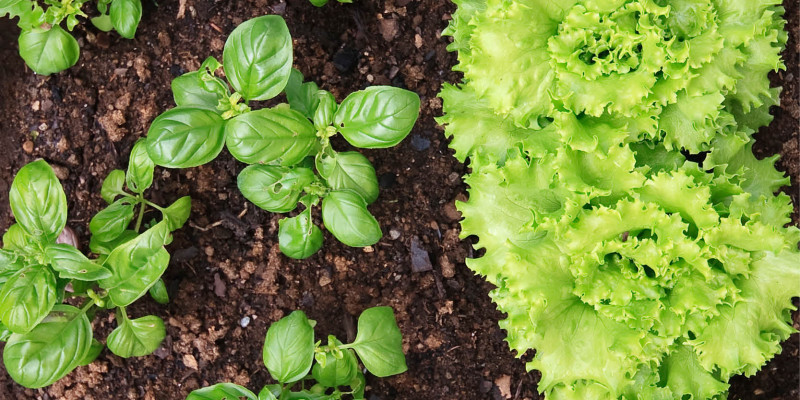Introduction
Chickens as domestic animals have a long history and likely originated in Asia somewhere around 8000 years ago. [1] They are common place on many farms and acreages providing a variety of services including food, waste disposal and their manure and bedding can be source of material for compost. On today’s Testing Garden Assumptions series video I am going to evaluate if chicken manure and bedding as a source of nutrients for your garden and if it is safe to use.
Urban Chickens
The reason I am evaluating this subject is earlier this week I was asked to speak to my local city council about keeping urban chickens. Specifically I was asked to comment on the safety of using chicken manure and bedding. My background as a Professional Biologist and experience in both home and large scale composting projects suited me well for this presentation.
In todays video I will break it down as I did for them addressing chicken manure and bedding as a potential resource, methods of potential application and then finally the risks associated specifically if handling it can cause illness.
Source of nutrients
Nitrogen Phosphorus and Potassium are the most commonly spoken about nutrients when manures are brought up. There are many papers such as this one in the Journal of Soil and Water Conservation that take a look at the manure as a source of these nutrients. [2]
They often find that manures not only have all of these nutrients plants need but when composted most of the nutrients are in plant available forms.
There is less information on manures as a source of other essential and beneficial elements in plant available forms. After a quick scan I was able to find plant available Mg, Zn, Fe, Mn, Cu and S.
This should not really be a surprise though. Chickens especially in a back yard often eat a wide variety of foods including kitchen scraps. This variety allows the manure that is produced to collect all of the required nutrients for plant growth and condense it into their waste.
In addition when you add in the bedding that is often made of straw, leaves or wood shavings these materials have accumulated minerals from the soil they grew in. When you add the bedding into the compost with the manure they then add their nutrients to the compost as well.
Concentrations of Nutrients
The next intuitive question is what are the concentrations of nutrients in the chicken manure? Unfortunately there is no consensus on this largely due to the fact that it is highly dependent on the food the chickens eat.
Nutrient Availability
It is safe to say however manure and bedding likely have a full complement of nutrients that are beneficial and essential for plant growth. Further the research paper I mentioned earlier from the United States Department of Agriculture and Agricultural Research Services establishes that these nutrients are in forms that are available to plants.
When you think about it as the chicken eats the food it breaks down helping to release the trapped nutrients similar to how a compost or vermicompost works to release nutrients.
Direct application of manure to gardens
So if manure is so chalk full of plant available nutrients why not add it directly to the soil or at least as a part of the mulch layer in the garden?
I highly recommend you avoid direct application of fresh manure to areas with live plants or you expect to plant in the next 6-12 months. There are two reasons there is potential for there to be pathogens that can make you sick, Ill park that for a moment as I want to talk about fertilizer burn first.
Fertilizer burn happens when there are too many plant available nutrients in the soil around the roots. What these nutrients do is instead of entering the plant through the regular pathway they draw the water out of the plant. [3] This is due to osmotic pressure and is the same general principal why slugs die when you poor salt on them. The salt draws out the water in their bodies and dehydrates them.
Composting chicken manure
A more stable way to get the nutrients into your garden is to compost the manure. By adding the manure which is a nitrogen rich source to carbon rich sources such as woodchips and autumn leaves you can create a hot compost pile. After the manure has been composted it is safe to apply to the garden. Often I will apply my finished compost to the mulch layer of my soil and avoiding disturbing the existing soil. I will go into no till gardening in a future Testing Garden Assumptions video.
Benefits of composting
There are many benefits of composting manures prior to using in the garden.
The excesses nutrients I just mentioned are also captured and stored in the finished compost much better.
This happens in two ways:
- The excess plant available nutrients are stabilized during the composting process. The excess nutrients react with chemicals that will stabilize bringing the nutrients into a balance. There are still plant available nutrients and chemically bound nutrients. When the available nutrients are taken up by the plant the reverse reaction happens releasing the chemically bound back into plant available forms.
- The second way compost stabilizes nutrients is through their incorporation into beneficial organisms. When bacteria and other organisms colonize the compost they take up additional nutrients and incorporate it into their bodies. When they die they release it back into the environmental again ready for the plants to take up. This process preserves nutrients in the soils ecosystem and prevents them from leaching out into the environment.
Risk of pathogens in composted manures
So we have now established that chicken manure and bedding contains nutrients that are valuable and we have found a safe way to apply the manure to the garden is the practice safe?
The concern with using chicken manure is it could contain bacteria that if you come in contact with could make you sick. That is absolutely correct chicken manure can have E.coli and salmonella among others pathogens. When in high enough concentrations you can get quite ill from these bacteria. Interestingly you right now likely have those same bacteria on your skin.
What manures do have though is a nutrient rich environment that allows those bacteria to grow in concentrations.
You can avoid the risk of the bacteria growing in concentrations, and potentially making you sick, in two ways. A proper home and housekeeping for your chickens and composting the manure.
Proper accommodations for your chickens that are dry and well ventilated in cooperation with good housekeeping and fresh bedding will reduce the chances that the pathogens will be able to build in numbers. There are plenty of great resources out there with recommendations for types of chicken coups and how to maintain them. This knowledge is well tested after all humans have been living in close quarters with chickens for 8000 years.
When you do clean out the coup the bedding and manure can head to the compost pile.
Composting as a method to kills pathogens
The process of composting chicken manure has been shown to effectively kill most pathogens. When you hot compost the manure you will often get the pile over 55c or 131f for more than a few days. At temperatures this hot the bacteria that can cause illness break down and die. [4]
In fact composting is a safe way to dispose of livestock that have died from infections. [5] This is interesting as those livestock that have died from infections often have several orders of magnitude more illness causing bacteria with in their bodies and by the end of the composting process the compost is safe to handle.
Other safe methods to use manure in the garden
There are other potential application techniques of chicken manure and bedding to gardens however composting is the simplest and is supported by the latest peer reviewed publications in reputable journals.
Closing
I personally do not use manure in my garden. This is in part due to not having access to a free source of manure as of yet. In addition I will be investigating this fall if I need to find more nutrient sources for my garden.
If you are interested in finding out how you can use free and local resources to fertilize your garden for free check out the link on screen now and subscribe so you can catch all future episodes.
References:
[1] History of Domestic Chickens:http://archaeology.about.com/od/domestications/qt/chicken.htm
[2] Nutrient content of Manureshttp://www.jswconline.org/content/57/6/470.short
[3] Fertilizer Burnhttps://en.wikipedia.org/wiki/Fertilizer_burn
[4] Composting Chicken Manure to Kill Pathogenshttp://www.sciencedirect.com/science/article/pii/S096085240100133X
[5] Mortality Compostinghttp://onlinelibrary.wiley.com/doi/10.1111/j.1365-2672.2006.03274.x/full
